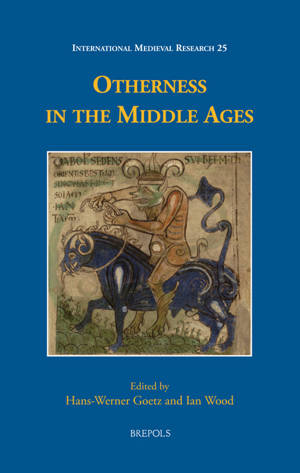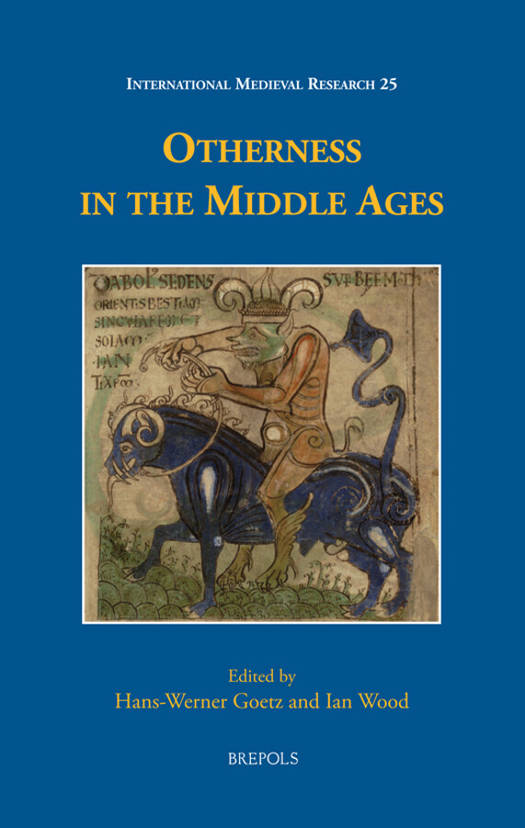
- Retrait gratuit dans votre magasin Club
- 7.000.000 titres dans notre catalogue
- Payer en toute sécurité
- Toujours un magasin près de chez vous
- Retrait gratuit dans votre magasin Club
- 7.000.0000 titres dans notre catalogue
- Payer en toute sécurité
- Toujours un magasin près de chez vous
Description
Although 'Otherness' is an extremely common phenomenon in every society, related research is still at its beginnings. 'Otherness' in the Middle Ages is a versatile and complex theme that covers a great number of different aspects, facets, and approaches: from non-human monsters and cultural strangers from remote places up to foreigners from another country or another town; it can refer to ethnic, cultural, political, social, sexual, or religious 'Otherness', inside or outside one's own community. In any case, however, 'Otherness' is a subjective phenomenon depending on personal views and ascriptions, an issue of 'imagination' and experience rather than 'reality'. There is neither one single model of alterity nor is 'Otherness' a stable phenomenon, but it changes over time and according to the cultural context. All this calls for methodological reflection and needs thorough investigation. The methodological introduction and the 18 contributions of this volume demonstrate the great diversity of the theme and its different manifestations and perspectives. They tackle the problem from distinct angles and disciplines (history, art history, archaeology, literary history, and philology) in a wide chronological and thematic frame, using different methodological approaches, dealing with different areas (from Northern and Southern Europe to Byzantium and India), perspectives (including law, social order, the past, a sea), and diverse kinds of sources. They examine all kinds of 'Otherness' mentioned above, highlight demarcation and rejection, aversion or acceptance, assimilation and integration, thus relativizing a strict dichotomy between 'the Self' and 'the Other' or between inside and outside. This volume is so far the most comprehensive attempt to tackle the huge problem of 'Otherness' in the Middle Ages.
Spécifications
Parties prenantes
- Auteur(s) :
- Editeur:
Contenu
- Langue:
- Anglais
Caractéristiques
- EAN:
- 9782503594026
- Date de parution :
- 20-01-22
- Format:
- Livre relié
- Format numérique:
- Genaaid
- Dimensions :
- 160 mm x 239 mm
- Poids :
- 907 g

Les avis
Nous publions uniquement les avis qui respectent les conditions requises. Consultez nos conditions pour les avis.






